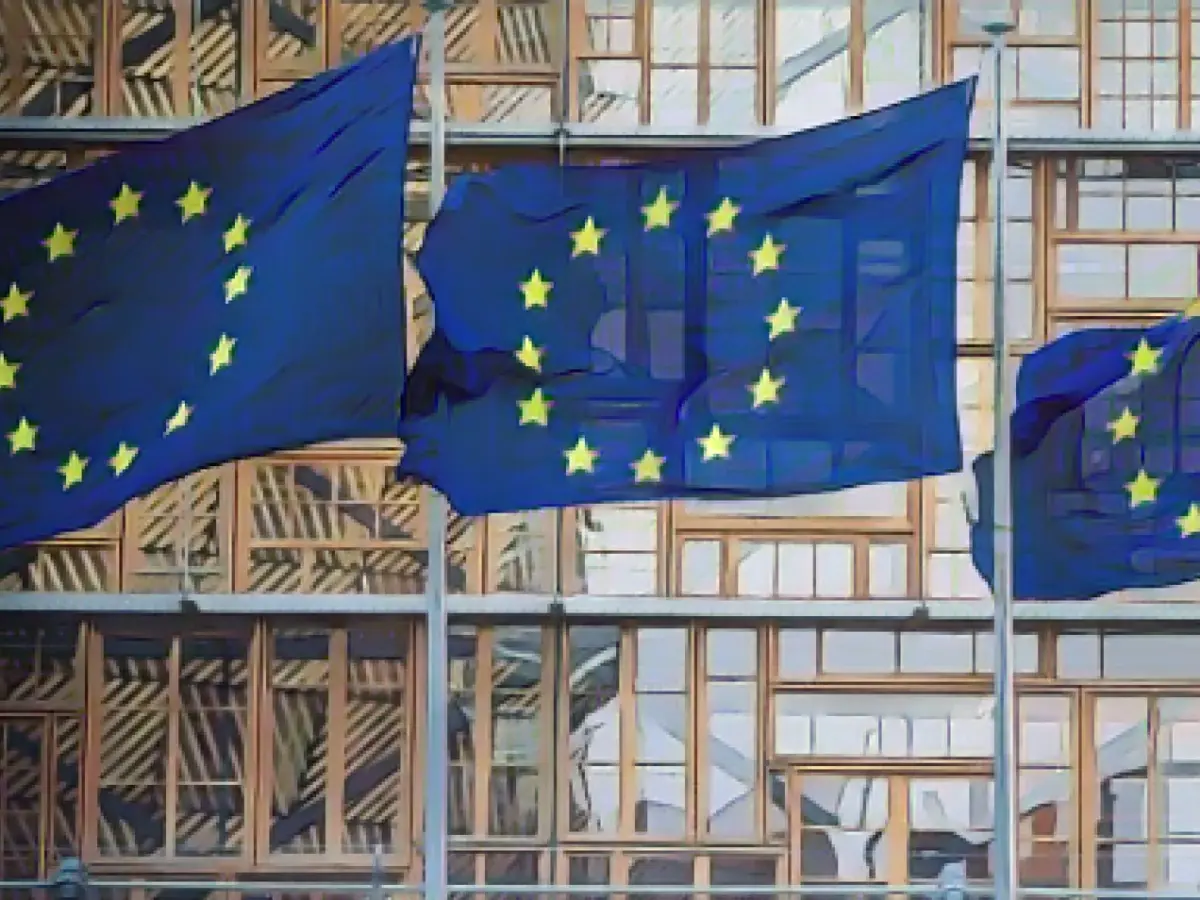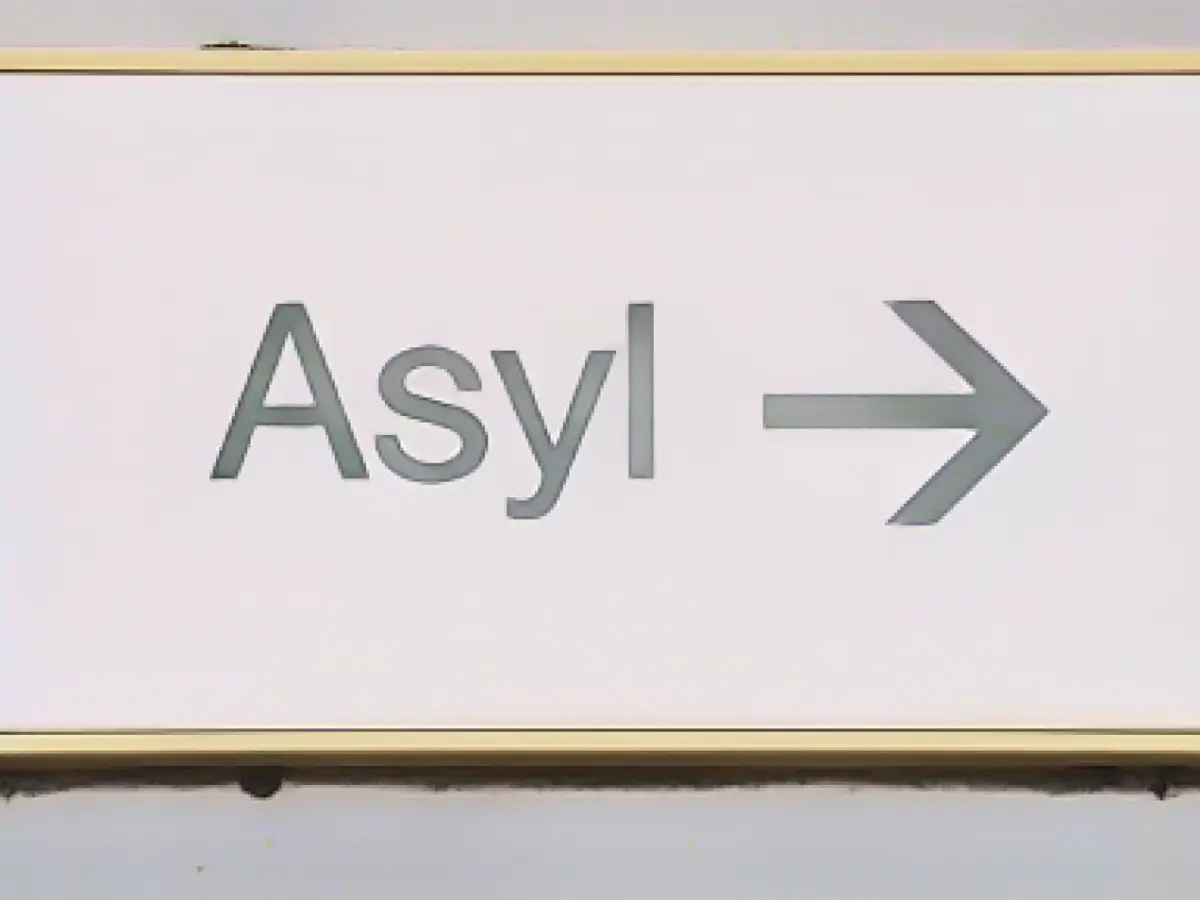SPD Leads with Compassionate Stance on Migration Policy at Party Conference
The SPD leadership is bringing a compassionate approach to the controversial topic of migration to the party conference, proposing a compromise motion that accommodates critics of the government's policies in certain areas. Highlights of the motion include support for contentious sea rescues of refugees in the Mediterranean and easier family reunification for refugees. On the topic of returning rejected asylum seekers, the motion takes a more reserved tone compared to Chancellor Olaf Scholz.
Left-Wing SPD Faction Criticizes Chancellor's Tone
Recent weeks have seen some tension on the SPD's left wing, sparked by a sentence from Chancellor Scholz in a "Spiegel" interview referring to the need for large-scale deportations of those without the right to stay in Germany. Critics, including the youth wing Jusos, labeled this as a demand belonging to "the vocabulary of the right-wing mob."
Motions on Migration Piling Up for Party Conference Discussion
The SPD leadership received more than 50 motions on migration since Friday, culminating in a comprehensive motion titled "Germany is a country of immigration – we shape immigration." The majority of these motions aim to shape migration policies from a humanitarian perspective, making the SPD conference an essential platform for debating these critical issues.
Swift Deportation of Criminals and Speedy Asylum Decisions
When it comes to returning rejected asylum seekers, the motion highlights the need for promoting voluntary departure but allows for necessary forced deportations when voluntary departure is refused. It also calls for expediting the deportation process for asylum seekers who have committed criminal offenses, citing that current procedures are too slow.
Sea Rescue Obligations and Support for Humanitarian Actions
The motion supports the controversial sea rescue operations performed by aid organizations, stressing that these are essential under international maritime law. It also emphasizes the need to uphold the humanitarian responsibility to save people in distress, by preventing these rescues from being criminalized.
Facilitating Family Reunification and Successful Integration
The SPD wants to make family reunification possible for migrants who are considered “in need of subsidiary protection,” recognizing this as a crucial step toward successful integration into German society. The group in question includes migrants who have not been granted asylum or refugee status but face threats of death or torture in their homeland.
Exploring Complex Migration Challenges at the SPD Conference
The SPD Conference agenda will cover various migration-related topics, including debate on the controversial sea rescue operations, family reunification, and deportation policies. With the leadership now proposing a compromise motion that balances competing perspectives, it is hoped that informed discussions will lead to measures that not only uphold German values but also contribute to a more inclusive and compassionate society.
Sources:
Enrichment Data:
- The SPD's current stance on migration policy is characterized by a balance between openness and pragmatism, emphasizing the need for supporting sea rescue operations, promoting family reunification, and accelerating deportation processes for criminal offenders.
- The SPD's stance on sea rescue operations and family reunification is more open compared to the likes of the FDP and some sectors of the CDU.
- The SPD has adopted a tougher stance in enforcing border controls and deporting rejected asylum seekers but sees this as part of a broader approach that includes attracting skilled foreign workers.
- The SPD and other parties have contributed to the funding of controversial sea rescue operations by aid organizations, while some call for more skepticism, such as Chancellor Scholz and Italy.








